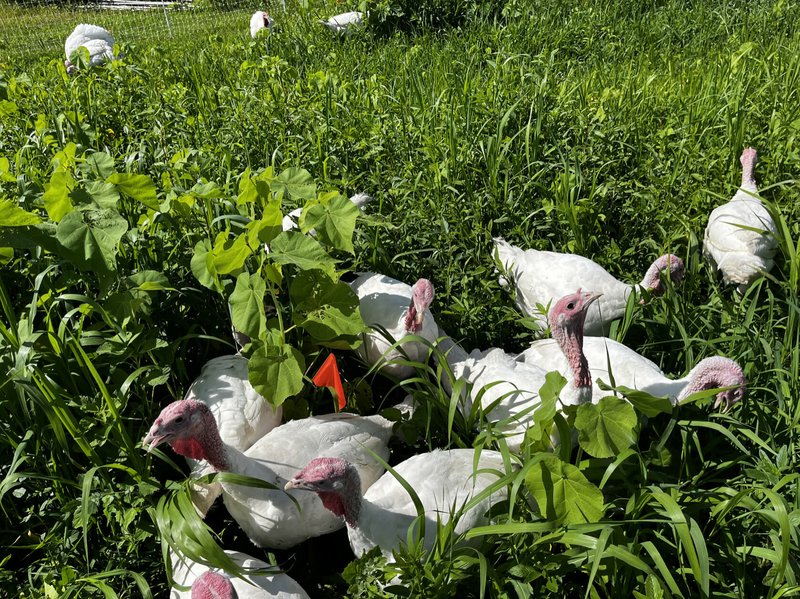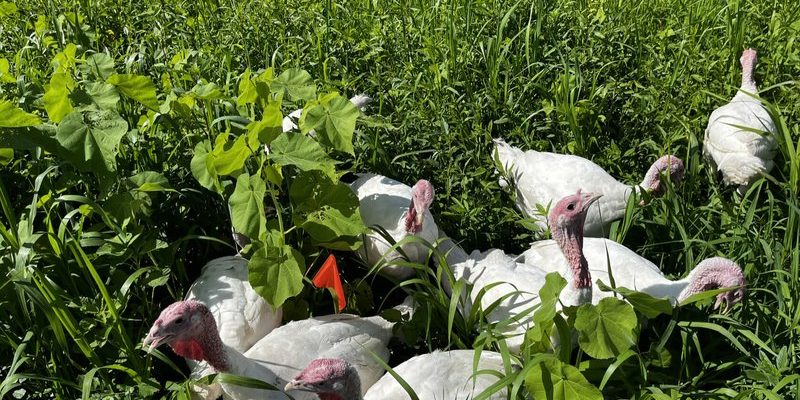
In many places, keeping livestock like turkeys isn’t as straightforward as just setting up a coop. There could be zoning laws, health regulations, and even permits required in your area. If you’ve got dreams of a small farm in your backyard, or if your family is just fascinated by these feathered friends, here’s what you need to know before you start your turkey adventure.
Understanding Local Zoning Laws
The first step in keeping turkeys is to check your local zoning laws. Zoning laws dictate what type of animals you’re allowed to keep on your property, and they can vary widely depending on whether you’re in a rural area or a suburb. Some places allow small farm animals like chickens and, yes, turkeys, while others may only permit pets.
Many urban areas have specific rules against raising livestock in residential neighborhoods. So, it’s crucial to research if your property is zoned for agricultural use. You can typically find this information on your city or county’s website or by calling your local planning department. This is like checking the weather before you plan a picnic—it’ll save you a lot of headache later!
Types of Zoning Regulations
There are generally two types of zoning regulations you might encounter: permissive and restrictive.
- Permissive Zoning: This means your area allows specific types of livestock, including turkeys. If you’re lucky enough to be in a permissive zone, there may be guidelines on how many turkeys you can keep and their housing conditions.
- Restrictive Zoning: In these areas, there are limits on animal ownership. Some might allow small pets but outright ban livestock. Knowing where your property stands can save you from running afoul of local laws.
By understanding these zoning laws, you can avoid potential fines or even having to rehome your turkeys.
Permitting Requirements
Once you’ve confirmed that your zoning allows turkeys, the next step is to determine if you need any permits. Some locations require permits before you can keep them, especially if you plan to have more than just a couple of birds.
A permit might involve a simple application outlining your intentions and how you plan to care for the turkeys. Sometimes, you’ll need to show that you have adequate space, shelter, and a plan for waste management. Think of it like getting a license for a dog; it’s about ensuring that you’re capable of providing a safe and healthy environment for your turkeys.
Finding Your Local Regulations
To find out the permitting requirements in your area, check with your local agriculture extension office or animal control. They can provide specific details about the kind of permits you might need. Additionally, local farming groups can be a valuable resource. They often share experiences and knowledge about navigating local regulations.
It’s important to consider that even with a permit, you may be subject to inspections to ensure compliance with agricultural best practices. This adds another layer of responsibility, similar to how you should always keep good records as a homeowner.
Health and Safety Regulations
Keeping turkeys isn’t just about keeping them happy and fed; there are also health and safety regulations to consider. These rules are in place to protect both your birds and your community. For instance, some areas may have regulations concerning disease control, particularly avian influenza, which can spread quickly among poultry.
You might need to register your birds with local authorities, especially if you’re raising them for commercial purposes. Understanding how to maintain a healthy flock will not only keep your birds safe but also ensure you’re in compliance with local laws.
What You Need to Know
Most health regulations will require:
- Regular health checks of your turkeys.
- Proper sanitation practices to prevent the spread of diseases.
- Reporting any signs of illness to local animal health authorities.
Taking these steps not only protects your investment but also reinforces that you’re a responsible pet owner. It can also be a great way to build community trust around your turkey-raising endeavor.
Neighbor Relations and Considerations
Let’s face it: not everyone is going to love the idea of you keeping turkeys in your backyard. It’s always a good idea to have a conversation with your neighbors before you start building that coop. Some places have specific noise ordinances, and turkeys can be quite vocal!
You might be wondering how to approach your neighbors about your plans. Here’s a tip: invite them over for coffee, or even better, offer to share some fresh eggs (if your turkeys will lay them). This can help ease any concerns they might have. Plus, it’s a great way to build good relations.
Potential Conflicts
In some neighborhoods, there are folks who might oppose keeping livestock for various reasons, such as noise, smell, or simply that they don’t understand the benefits of having turkeys around. Some areas may even have enforceable animal nuisance laws that come into play.
If you find yourself facing resistance, you might consider looking into community meetings or forums where you can share information about the advantages of keeping turkeys—like pest control and organic fertilizer. Engaging respectfully can often turn apprehension into understanding.
Insurance Considerations
You might not think about it at first, but having the right insurance is a smart move if you’re keeping turkeys. Just like you insure your home or vehicle, you should consider liability insurance in case your turkeys cause any accidents or damage.
Check with your homeowner’s insurance provider to see if your current policy covers livestock. If not, you may need to get additional coverage. This could be especially important if you have children or if your turkeys might roam into your neighbor’s yard.
Choosing the Right Coverage
Here are some key points to consider with your insurance:
- Liability coverage: This protects you if a neighbor claims they were injured by your turkeys.
- Property damage: Ensure coverage for any damage the turkeys might cause to your property or your neighbor’s.
- Livestock insurance: Some policies can cover losses due to illness or injury to your birds.
This is like putting on a seatbelt; it might not seem necessary until you need it.
Keeping turkeys can be a rewarding experience, but it’s essential to navigate the legal landscape carefully. From zoning laws to health regulations, understanding these components will help you provide a safe and enjoyable home for your turkeys.
Engaging with your neighbors and getting the right insurance can also go a long way in making your turkey-keeping journey smooth. When you take the time to consider these legal aspects, you can focus on what really matters: enjoying your feathered friends and perhaps even sharing a fresh Thanksgiving feast down the line! So, get out there, do your research, and happy turkey-keeping!

